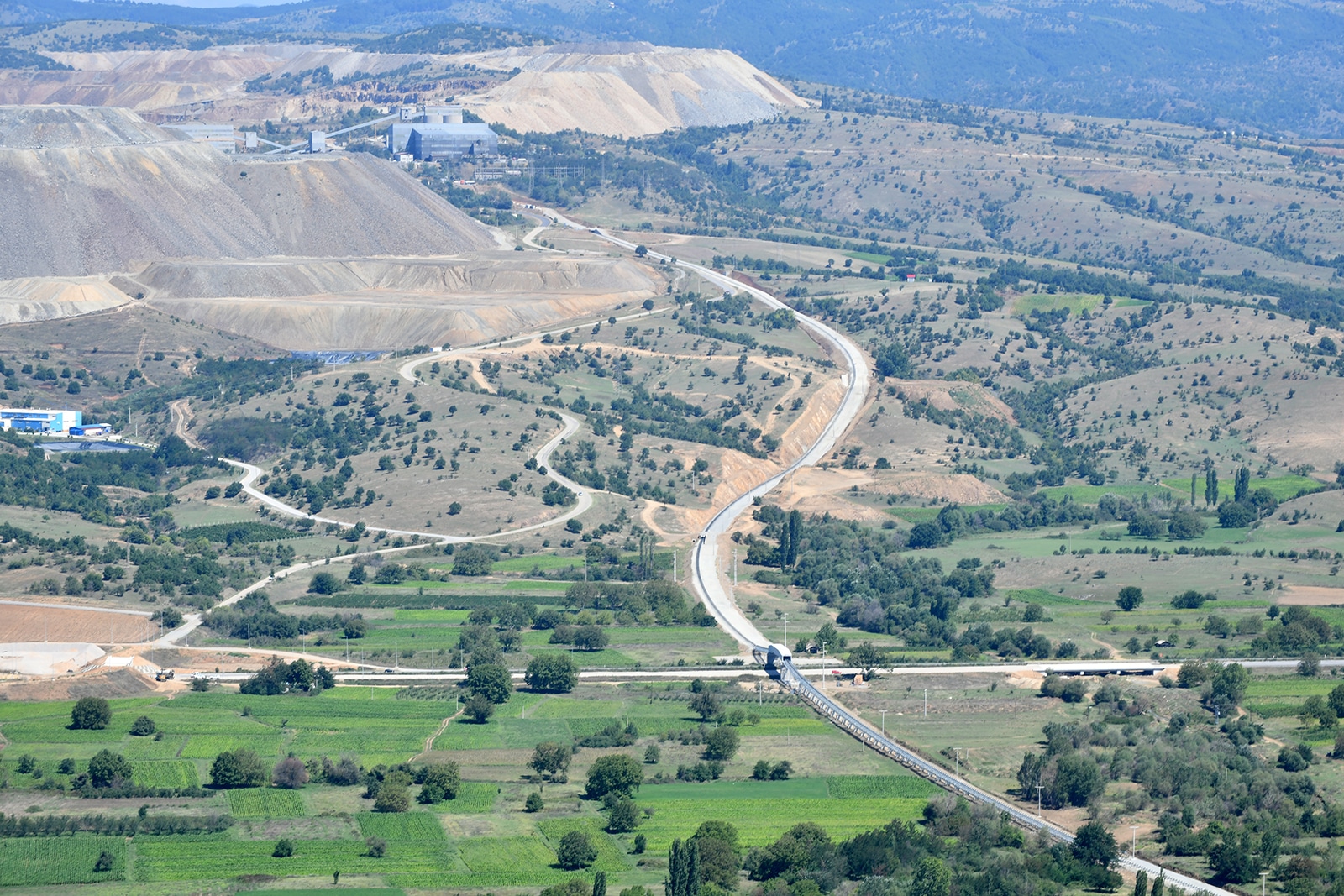February 23, 2021. Radovish, North Macedonia. In accordance with the Law on Environment of North Macedonia, after passing inspection and fulfilling the necessary legal conditions, Borov Dol DOOEL-Radovish was granted an A-Integrated environmental permit by the Ministry of Environment and Physical Planning of North Macedonia.


“An integrated permit is of a great importance for a mining company. It serves as an official confirmation that the activities carried out by the company do not have a negative impact on the environment. In addition, the permit facilitates inspections. Solway embraces all the challenges currently faced by the mining industry and works hard to ensure its operations are transparent, sustainable, and beneficial to all stakeholders at every level. The A-Integrated Environmental Permit received by one of our newly developed projects is another affirmation that our efforts are aimed in the right direction,” – commented Dan Bronstein, Chief of the Board, Solway Investment Group.
Notes to the editor
About the IPPC permit
Integrated prevention and control of environmental pollution in the Republic of North Macedonia is regulated by the law on integrated environmental pollution prevention and control, as well as a set of regulations and rules that accompany this law.
By these regulations, Directive 2008/1/EC of the European Parliament and of the Council of 15 January 2008 concerning integrated pollution prevention and control (IPPC Directive), is transposed into national legislation. This law defines the conditions and procedures for issuing integrated permits for plants and activities that may have adverse effects on human health, the environment or material goods. It also defines the types of activities and plants, supervision, as well as other issues of importance for the prevention and control of environmental pollution.
Based on the Decree on the types of activities and plants for which an integrated permit is issued, the obligation to obtain this license is the responsibility of the following industrial sectors; energy production, metal production and processing, mineral industry, chemical industry, waste management and other activities (paper industry, textile treatment, pounds, food production, plants for the intensive rearing of livestock or pigs, etc.).
Operators must use the best available techniques (BAT) in order to meet all the environmental protection requirements.
The purpose of the integrated permit is to preserve the environment as a whole, to enhance the use of cleaner technologies, to reduce waste at the source, and to encourage the innovation of operators for the purpose of developing appropriate solutions to environmental problems.
The permit prescribes the conditions under which the operator must work (such as emissions to water, air, soil, waste management, energy efficiency, etc.). It also monitors what must be carried out and outlines those measures which must be taken in order to achieve a high level of environmental protection.


